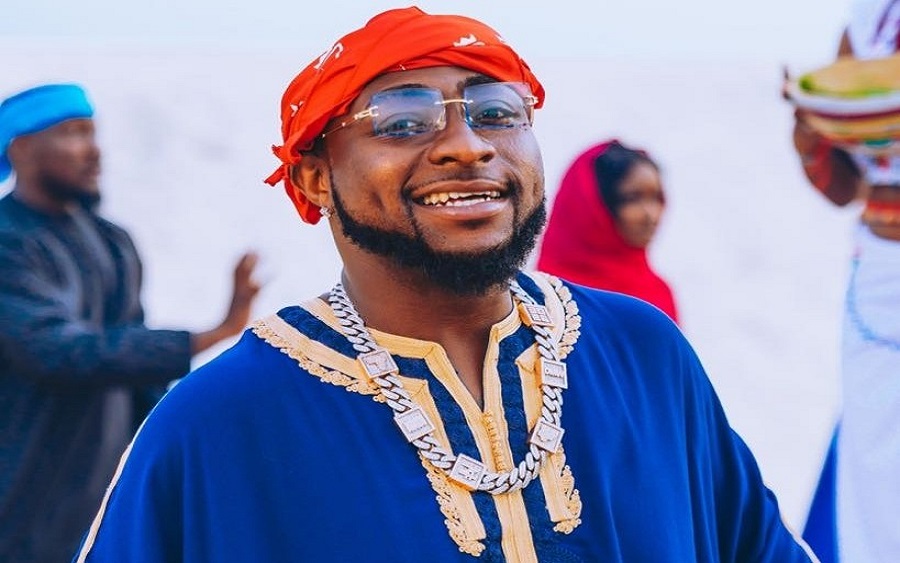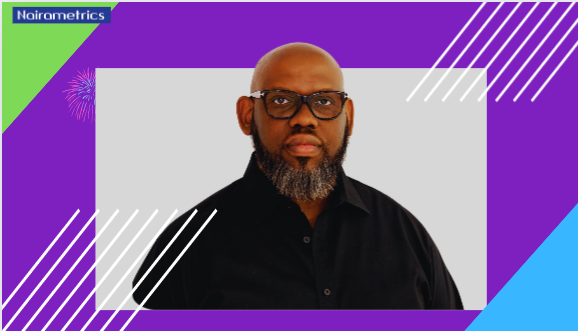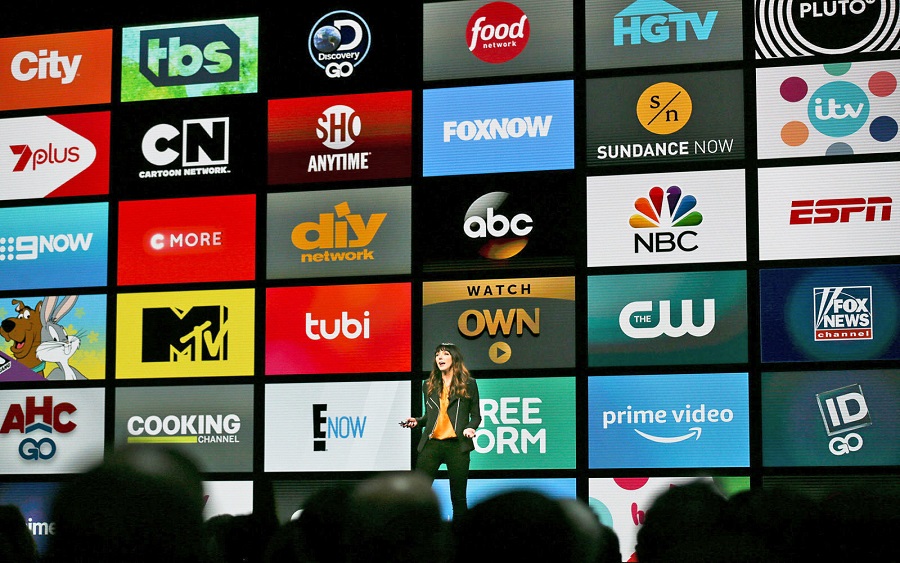The Nigerian music industry has come a long way, from the early times of Afrobeat patriarch, Fela Kuti, King Sunny Adé, Oliver De Coque, and William Onyeabor to the present-day stars like Wizkid, Davido, Burna Boy, Tiwa Savage, and Rema, it has continually evolved while consistently crossing the country’s borders into other parts of the world.
Nigeria’s music industry has been on a winning streak, for example, streaming giant Spotify revealed that revenues generated by Nigerian artists on its platform reached N11 billion ($14 million) in 2022. By 2023, that figure had surged to N25 billion, marking an over 100% year-on-year increase in streaming revenue.
Furthermore, the National Bureau of Statistics reported that motion pictures, sound recording, and music production constituted a significant portion of the arts and entertainment industry’s contribution to the country’s GDP. Specifically, these sectors represented 82.16%, equating to N1.62 trillion, of the N1.97 trillion generated by the arts and entertainment industry. At an exchange rate of N896 as of December 31, 2023 this equates to an industry worth of about $1.81 billion.
While these numbers may seem modest compared to more developed markets, the potential for exponential growth has drawn the attention of major international music conglomerates. These global players have made significant inroads into Nigeria’s music industry by partnering with local record labels and signing recording contracts with popular local artists.
This influx has significantly enhanced production values, benefiting consumers, but has also escalated production costs, challenging creatives. As a result, the role of effective record label management has become more critical than ever.
In the intricate ecosystem of the music industry, record labels and artists are indispensable partners who serve as incubators, supporting emerging artists by providing financial assistance for creation, distribution, and marketing.
As the industry moves towards contributing significantly to the entertainment sector’s projected $15 billion outlook by 2025, the influence of record label CEOs becomes increasingly pivotal. In no particular order here are 10 record label CEOs driving the Nigerian music industry forward by enabling talents and scouting diamonds in the rough.
Sipho Dlamini, the CEO of Universal Music South Africa and Sub-Saharan Africa, has been passionate about music since childhood. He joined Universal Music Group (UMG) in 2016, where he played a pivotal role in expanding the reach of Afrobeats globally through streaming playlists.
Dlamini’s music career began in the late 1990s as a UK concert and club promoter for African artists. By 2006, he became Vice President of Operations at Dubai Events Co., coordinating events and strategies. In 2010, he founded International Artist & Asset Management but soon moved to the Southern African Music Rights Organization (SAMRO) as General Manager of Marketing, Communications, & Business Development.
Since joining UMG, Dlamini has led significant expansions, including the incorporation of Def Jam Africa and Blue Note Records Africa, along with numerous local labels and affiliates.
Universal Music Group established itself as an industry giant in 1998, with the merger of PolyGram and Universal. Both companies already owned numerous subsidiaries, and the merger of the two entertainment conglomerates created the largest music company in the world. Wholly owned by French international media firm Vivendi since 2006, the company has gone on to acquire BMG Music Publishing and Univision Music Group, among smaller labels.























